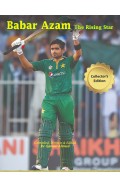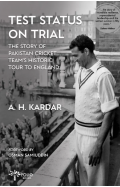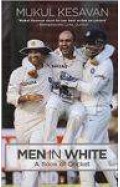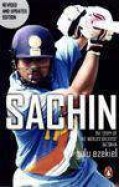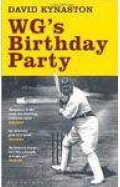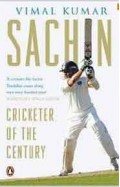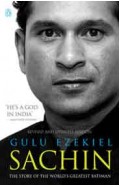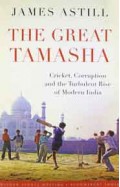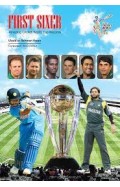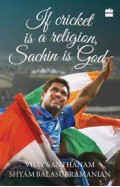Nation at Play: A History of Sport in India
By: Ronojoy Sen
-
Rs 956.00
- Rs 1,195.00
- 20%
You save Rs 239.00.
Due to constant currency fluctuation, prices are subject to change with or without notice.
| Book | |
| What's in the Box? | 1 x Nation at Play: A History of Sport in India |
Zubin Mehta: A Musical Journey (An Authorized Biography)
By: VOID - Bakhtiar K. Dadabhoy
Rs 840.00 Rs 1,050.00 Ex Tax :Rs 840.00
Test Status on Trial The Story of Pakistan Cricket Team’s Historic Tour to England
By: Abdul Hafeez Kardar
Rs 995.00 Ex Tax :Rs 995.00
The Great Tamasha Cricket, Corruption and the Turbulent Rise of Modern India
By: James Astill
Rs 795.00 Ex Tax :Rs 795.00
FIRST SIXER Amazing Cricket world cup record
By: Ubaid ur Rehman Awan
Rs 360.00 Rs 400.00 Ex Tax :Rs 360.00
If Cricket Is A Religion Sachin Is God
By: Vijay Santhanam Shyam
Rs 444.80 Rs 556.00 Ex Tax :Rs 444.80
Test Status on Trial The Story of Pakistan Cricket Team’s Historic Tour to England
By: Abdul Hafeez Kardar
Rs 995.00 Ex Tax :Rs 995.00
No recently viewed books available at the moment.
Zubin Mehta: A Musical Journey (An Authorized Biography)
By: VOID - Bakhtiar K. Dadabhoy
Rs 840.00 Rs 1,050.00 Ex Tax :Rs 840.00
Test Status on Trial The Story of Pakistan Cricket Team’s Historic Tour to England
By: Abdul Hafeez Kardar
Rs 995.00 Ex Tax :Rs 995.00












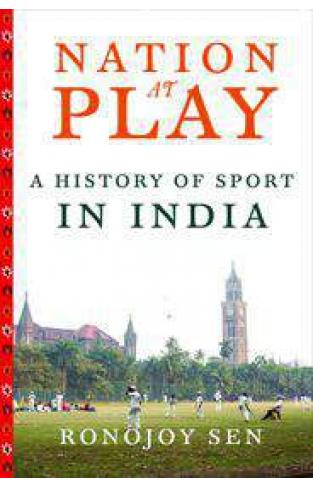
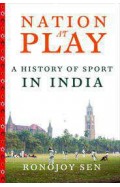
-120x187.jpg?q6)





